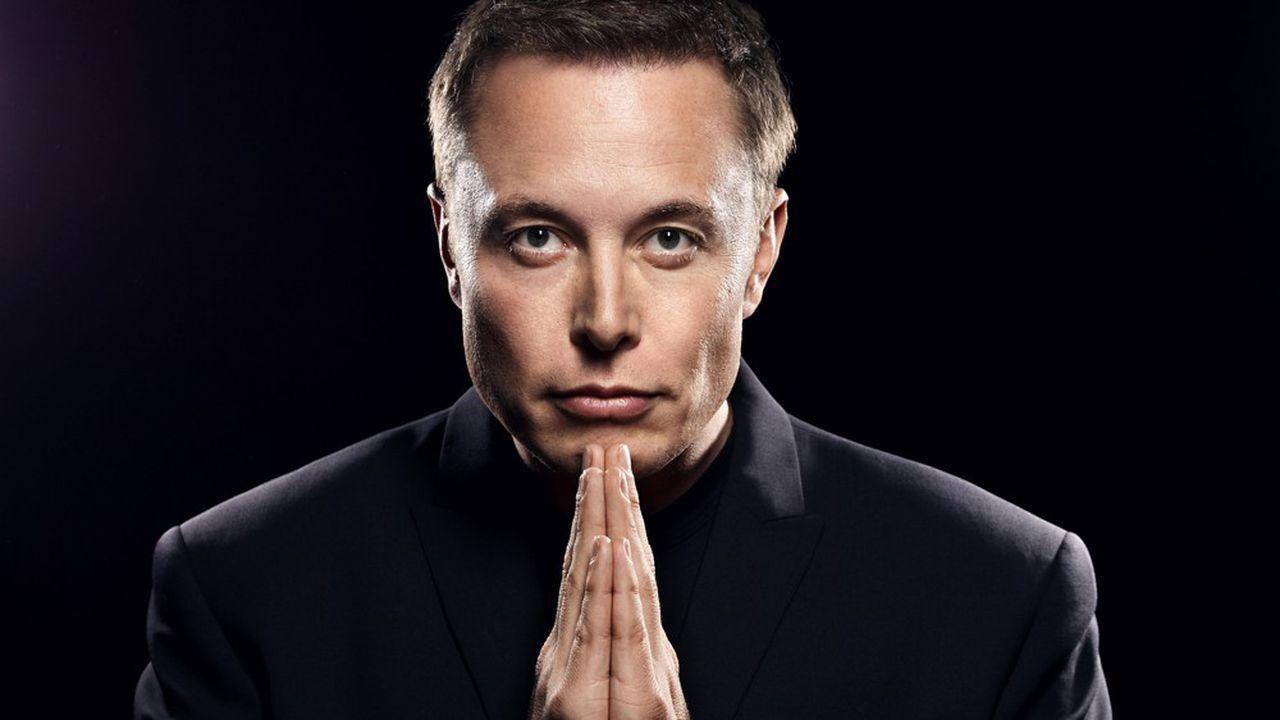Chinese satellite company aims to rival Elon Musk’s Starlink in Brazil
A Chinese state-backed company, SpaceSail, is set to launch a satellite service in Brazil, aiming to challenge Elon Musk’s Starlink, marking another strategic move as Beijing strengthens its presence in Latin America.
The announcement came during Chinese President Xi Jinping’s state visit to Brazil, where he and Brazilian President Luiz Inácio Lula da Silva signed an upgraded partnership agreement, Caliber.Az reports via foreign media.
SpaceSail, which is focused on providing high-speed internet through low Earth orbit satellites, has teamed up with Brazil’s state-run Telebrás to deliver satellite communications and broadband services across the country’s vast expanse. The service is expected to launch in 2026, with the two companies exploring demand in areas currently underserved by fibre-optic networks.
"SpaceSail is committed to being a long-term partner to Brazil," stated the company’s CEO, Jie Zheng, in a recent press briefing.
Brazil has actively sought to diversify its satellite internet providers to reduce reliance on Starlink, which holds nearly 50% of the satellite internet market in the country. This move comes amid tensions between Brazilian authorities and Musk, particularly over his refusal to comply with court orders to remove extremist content on X (formerly Twitter), which led to the platform’s temporary ban in Brazil earlier this year. As part of the controversy, Starlink faced fines for its involvement and was warned it could lose its operating license unless it adhered to Brazilian court rulings. Musk eventually agreed to comply by removing the accounts in question.

A fresh dispute surfaced at the G20 summit in Rio de Janeiro when Brazil’s First Lady, Rosângela Lula da Silva, made an expletive-laden remark directed at Musk during a social media regulation event.
Following an unexpected ship horn, she reportedly said, “I think it’s Elon Musk. I’m not afraid of you. F*** you, Elon Musk.” The remark was quickly supported by one of Lula’s ministers, Paulo Teixeira, who posted on X that the first lady had voiced what many in Brazil felt about Musk's "negative interference." Musk responded with laughing emojis and a comment hinting that Lula’s Workers’ Party would lose the next election in 2026.
SpaceSail’s announcement comes at a time of growing concern in the US about its declining influence in Latin America, a region traditionally seen as part of its sphere of influence. The timing also coincides with Xi’s diplomatic tour of South America, which included attending the inauguration of a Chinese-built mega port in Peru and travelling to Rio de Janeiro for the G20 summit. Xi and Lula’s upgraded "comprehensive strategic relationship" marks a significant shift toward deeper ties, with the two leaders pledging to create a "China-Brazil community with a shared future for a more just world and a more sustainable planet."
This agreement reflects Xi’s broader vision of a multipolar world order that challenges US dominance, with Brazil aligning itself strategically without joining China’s Belt and Road Initiative (BRI). While Brazil has not committed to full participation in the BRI, the country aims to secure Chinese investments in key sectors such as agriculture, trade, and infrastructure.
SpaceSail, also known as Shanghai Spacecom Satellite Technology, has bold plans to rapidly expand its satellite network, with a target of 15,000 satellites in low Earth orbit by 2030. The company’s first batch of 18 satellites was launched in August, followed by another round in October. SpaceSail’s previous international venture in Germany faced legal challenges over the ownership of valuable satellite spectrum licenses.
By Tamilla Hasanova








